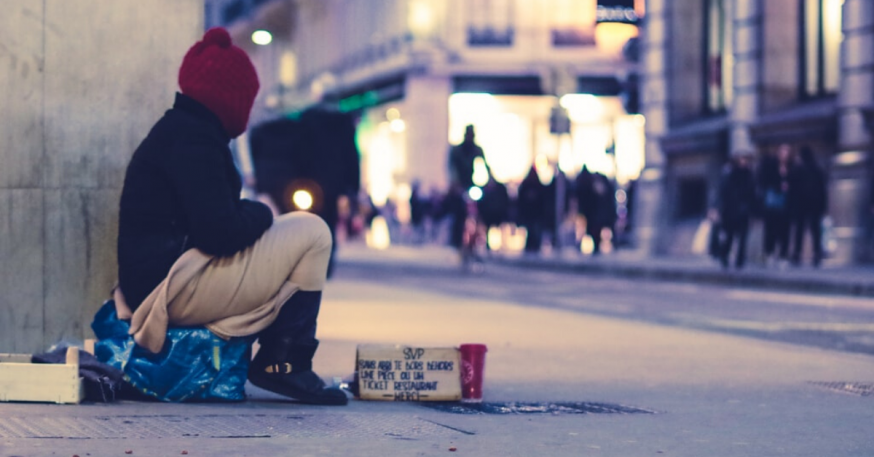
Ev via Unsplash
June 10, 2020 By Michael Dorgan
Homeless New Yorkers have been dying at a higher rate from COVID-19 than the general public, according to a new report.
Homeless people “living in shelters” died at a 61 percent higher rate from COVID-19 than the city average from March 1 through May 31.
For the three-month period, 86 homeless people died of COVID-19 in the city, according to a report released by the non-profit Coalition for the Homeless.
The report, based on figures released by the Department of Homeless Services, found that the disease ravaged the entire homeless population due to their inability to socially distance.
The report found that while the city’s COVID-19 death rate was 200 deaths per 100,000 people, the rate among homeless people sleeping in “shelters” was 321 deaths per 100,000 people.
The bulk of COVID-19 homeless deaths occurred in April when 58 individuals lost their lives. In 2019, the average number of deaths among the entire homeless population each month was 34– and that was from all causes.
The report attributed the large loss of life to a number of factors.
Homeless people sleeping at shelters are unable to socially distance due to shared facilities at the locations, the authors stated.
Inadequate levels of soap and shared bathrooms make it difficult for them to frequently wash their hands while the facilities are generally hard to keep clean due to staff shortages, they wrote.
Unsheltered homeless people face formidable challenges to stay safe and healthy during the coronavirus pandemic, they said. For example, their chances of contracting the virus increase due to a lack of access to hygiene facilities or basic supplies like hand sanitizer, wipes, clothing, and toiletries.
CFTH is calling on the city to implement a number of policy changes to help reduce the high death rates among the homeless population.
The organization wants thousands of city hotel rooms opened up for homeless people; implement free COVID-19 testing; reverse the nighttime closure of subways; and provide unsheltered homeless people with basic hygiene supplies and facilities.
2 Comments

That is very sad to hear about the amount of homeless people that actually died thank you for correcting us on the facts concerning that matter I myself was once homeless I’ve been in shelters more times than I can count many times in my life I could have been a statistic again thank you for the correction
The suggestion to reverse the subway closures is laughable. 30 more homeless people died in a month, so let’s increase the risk for the entire commuting population and have the cases spike throughout the city. Makes sense.